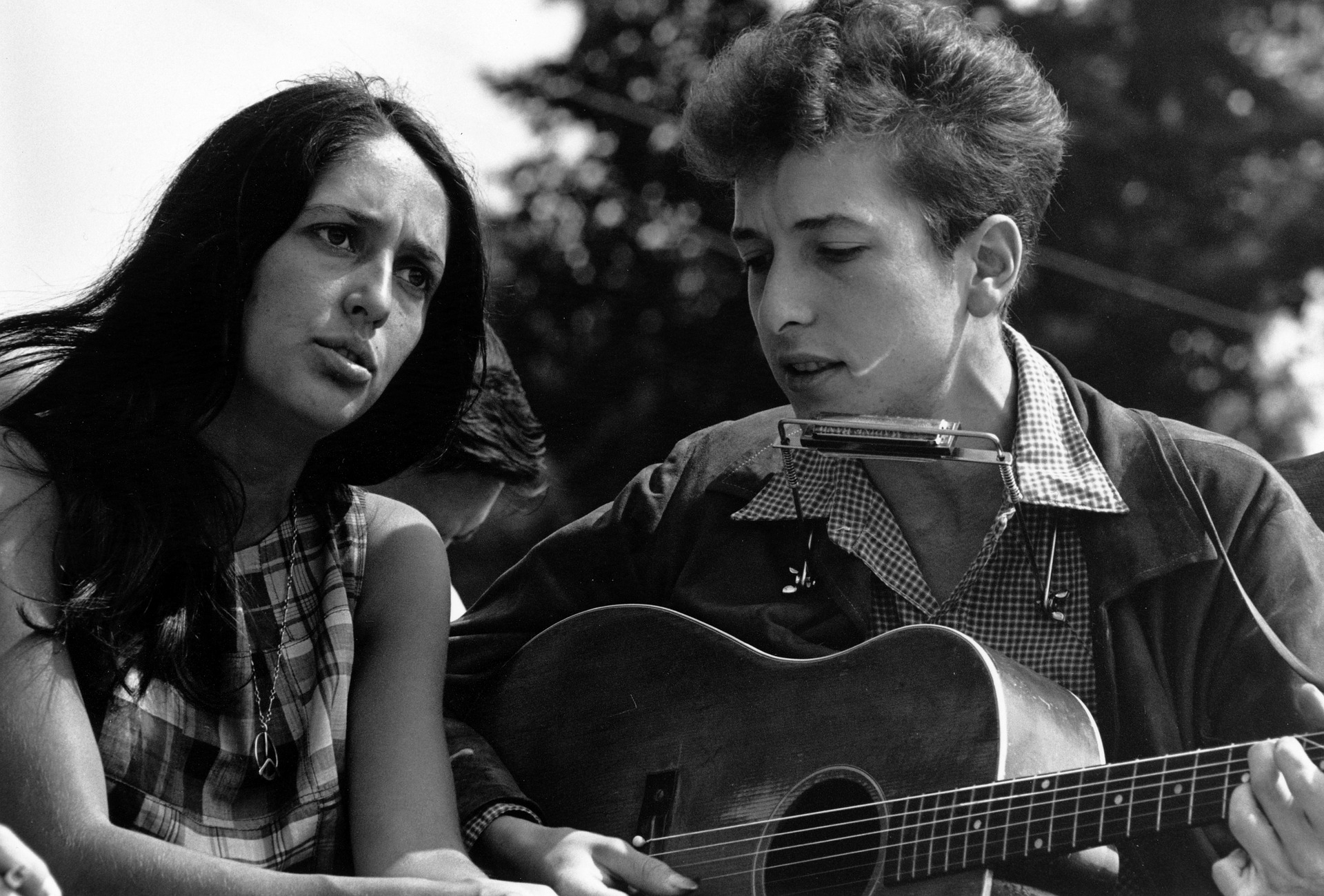The paralyzing effect of a seemingly limitless number of options is new to none of us. Today we experience it quite frequently: at local restaurants, in shopping centers, or—especially pertinent during these summer months—when choosing ice cream flavors. With so many options, how am I supposed to make the “right” decision? What is the “best” side dish or main course, shirt or pair of sunglasses, ice cream cone or sundae? On the other hand, maybe I want a milkshake . . .
Now I have met people who actually enjoy having all these options, but they seem few and far between. Most people I know are simply paralyzed by the twenty-page diner menu and must develop a strategy in order to navigate the event. This might mean picking what one had last time, or choosing the first item that strikes one’s fancy, or something equally arbitrary. In such situations I almost invariably end up disappointed, because I can’t help wondering, “What would that have tasted like . . .”
The worst part about these situations of extreme abundance, however, is not wondering about “what might have been”; rather, it’s that we can actually pass up a real good in our search for an imaginary one. For example, recently I was searching for something on the radio on my way to work. I haven’t driven much since entering the Order, and I’d forgotten how many different radio stations there are to choose from. While scanning through them all, I actually did the unthinkable: I passed by Bob Dylan in search of “something better.” What in the world was I looking for? What was I hoping to find that would out-do Bob Dylan?
Of course, not everyone will agree with my opinion of Dylan; maybe you don’t particularly like his voice, or his style, or his lyrics. Fine, just insert your own paragon of musical perfection, and ask whether you might have done the same thing as I did—missed the good in search of the better, even though the better is only imaginary. This, to me, is the real curse of unlimited freedom of choice: we can miss out on the real and actual good in hope of the virtual and imagined better. Even as I couldn’t find anything better than Dylan, I still kept searching in the belief that one of those stations must have something better.
I wonder if there is not a similar dynamic in our moral freedom of choice. Does the imagined possibility of infinite freedom or unrestricted choice lead us to pass over the real and actual good?
The great Dominican moral theologian Servais Pinckaers was fond of comparing the “freedom for excellence” with the “freedom of indifference.” Roughly, the freedom for excellence is the freedom to choose the good, to choose the virtuous option. Pinckaers uses the example of playing the piano: only someone who has practiced and worked hard on scales and drills has the freedom to play the piano well. By contrast, the freedom of indifference is the ability to choose anything one wants, without limit or reason. This latter conception of freedom is negative—freedom from restrictions—while the former is positive—freedom for excellence.
In its discussion of man’s freedom, the Catechism stresses this notion of freedom for excellence:
Freedom is the power, rooted in reason and will, to act or not to act, to do this or that, and so to perform deliberate actions on one’s own responsibility. By free will one shapes one’s own life. Human freedom is a force for growth and maturity in truth and goodness; it attains its perfection when directed toward God, our beatitude. (CCC 1731)
Freedom is for the good, not for itself:
The more one does what is good, the freer one becomes. There is no true freedom except in the service of what is good and just. The choice to disobey and do evil is an abuse of freedom and leads to “the slavery of sin.” (CCC 1733)
In flipping through the stations on the radio, I am exercising my freedom, but if I am not open to choosing concrete goods—if I never choose a concrete good because I’m afraid of impairing my supposedly unrestricted, negative freedom—then I am not actually free in the right sense. I am a slave to some possible good that I will never find.
In my moral choices, am I satisfied with the present and available good? Or am I always holding out for “something better,” something that will never arrive? If I’m not open to the good, and if I don’t have a clear exemplar of what the good is (e.g., Dylan’s works), I will never be satisfied, even when the good is right before my eyes. So, next time I come across something that is truly good for me, maybe I should exercise some authentic freedom and listen to the troubadour: “Don’t think twice, it’s all right.”
✠
Image: Bob Dylan







